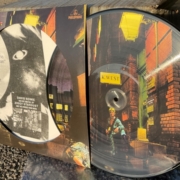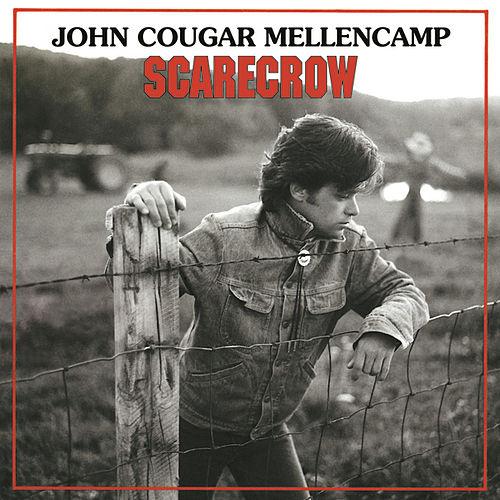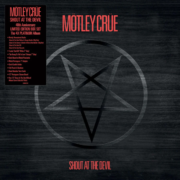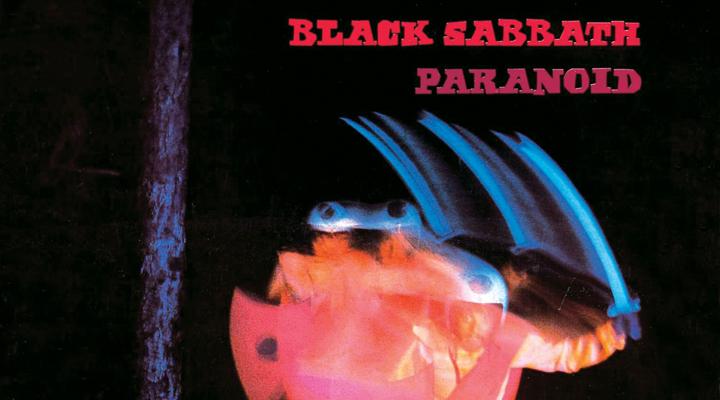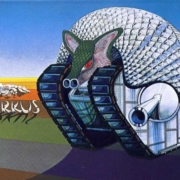David Bowie-The Rise and Fall of Ziggy Stardust…- the late David Bowie, Mick Ronson
In Summer 1972, London lad David Bowie’s extra-terrestrial album The Rise and Fall of Ziggy Stardust and the Spiders from Mars invaded the rock and roll world like Orson Welles’ notorious Halloween broadcast thirty-three years earlier, and while the reaction may have been not as swift, the impression that was left certainly was astronomically wider. Even with the thousands of popular albums which have been released since the fourth David Bowie album landed in June 1972, Rolling Stone editors still rank The Rise and Fall of Ziggy Stardust and the Spiders from Mars at #40 on their Top 500 Albums of All Time. That places Ziggy Stardust… ahead of Led Zeppelin IV, Born in the USA, Who’s Next, Let It Bleed and Sticky Fingers, Achtung Baby, Dark Side of the Moon, Hotel California, The Doors, The Band, Guns’n’Roses Appetite for Destruction, AC/DC Back in Black, Meet the Beatles and Let It Be. Are you feelin’ me?
The Rise and Fall of Ziggy Stardust and the Spiders From Mars by David Bowie in 1972 sounded unlike any album before it and precious few ever since. As you will hear in this classic rock interview with Bowie and the late guitarist/arranger Mick Ronson, the irony in the David Bowie back story is that Ronno points out that the Ziggy Stardust album and U.S. tour in Summer 1972 did not sell very well, at least not initially, which Ziggy Stardust producer Ken Scott confirms in his 2012 memoir. ”While many of the initial dates were indeed successful, Bowiemania had not taken hold in all parts of the country, as dates in Houston and Oklahoma City were cancelled due to lack of ticket sales, and a concert in St.Louis had attendance so small (only 180 in an 11,000-seat hall) that David gave what amounted to a private show, but as the tour progressed so did the buzz. By the second time back in cities such as Philadelphia and Cleveland, he (Bowie) was selling out 10,000-seat venues,” Scott writes in Abbey Road to Ziggy Stardust.In the Studio writer emeritus and New York Times contributor Joe Rhodes opines that” this album is a more successful combination of the elements of rock and theater than had ever been attempted. As rock fable, the story of stardom and its capacity for self-destruction, Ziggy Stardust… worked much better than The Who’s Tommy” , with the late David Bowie changing the trajectory of rock music, fashion, and gender social issues in the ensuing fifty years in just 38 minutes. – Redbeard

